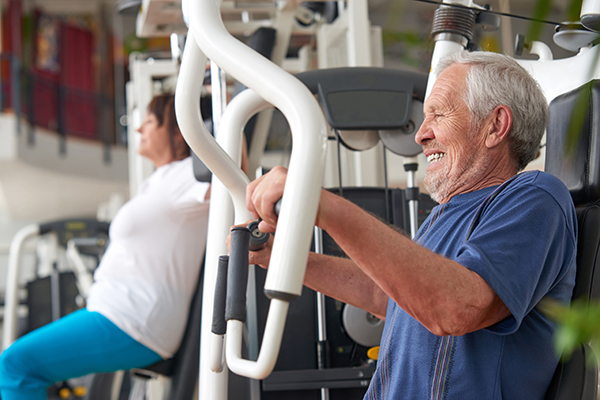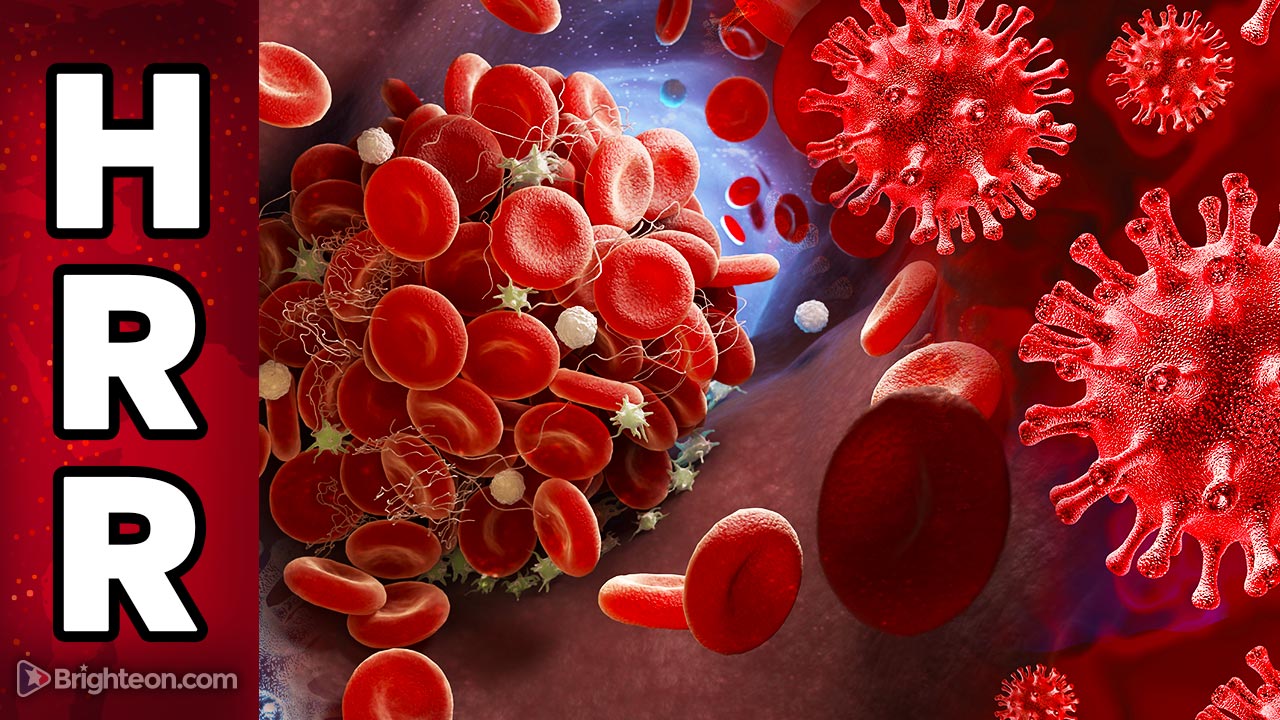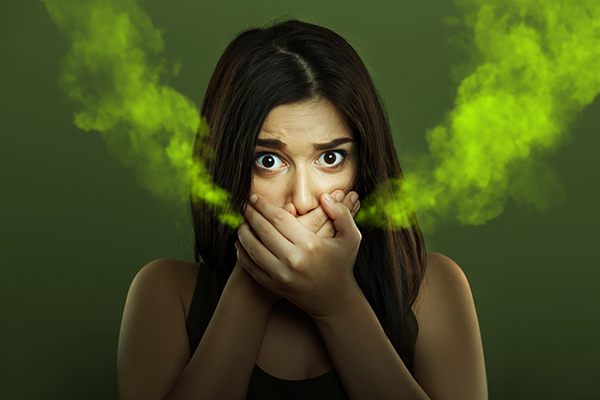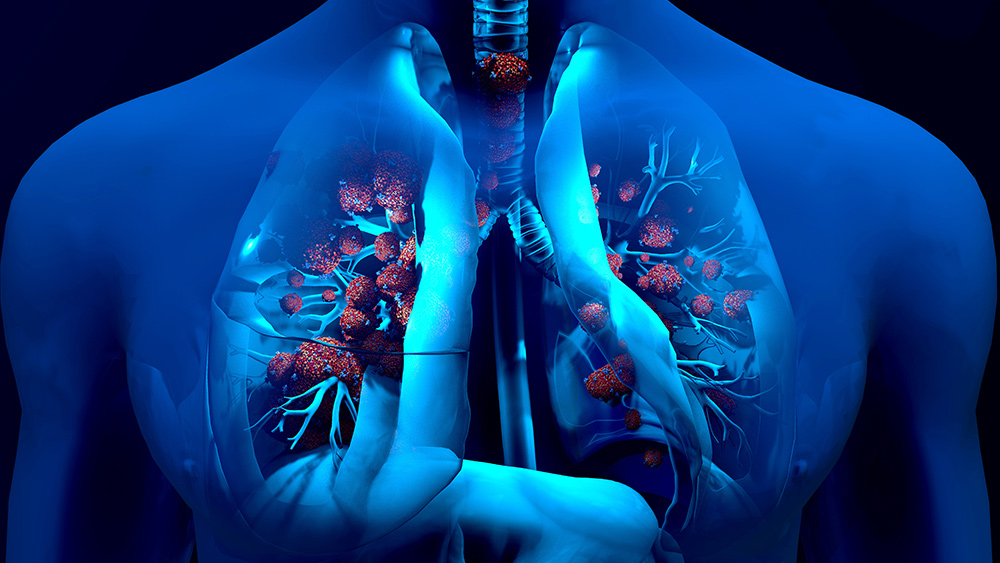Science-backed health benefits of acupuncture
01/11/2023 / By Olivia Cook
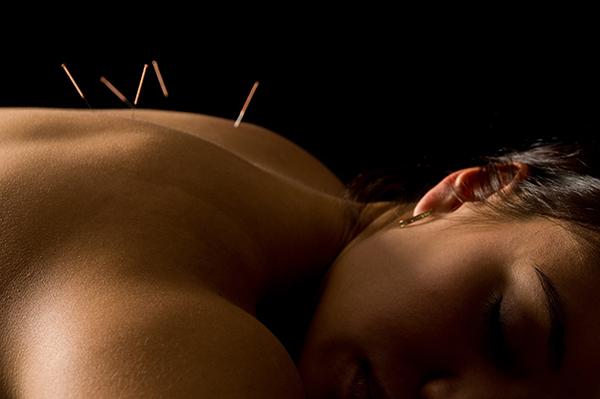
Acupuncture involves inserting very thin needles into the body at different locations and depths to balance the life forces known as Qi.
Researchers have attributed acupuncture’s rise in popularity to scientific studies and patient testimonials that have proven its safety and efficacy. Professional practitioners in naturopathic medicine are championing efforts to inform and educate the public about acupuncture and its widespread application.
Here are some health benefits of acupuncture according to research:
Acupuncture helps treat anxiety and depression
A 2018 study published in the journal Complementary Therapies in Clinical Practice has shown acupuncture’s efficacy in treating patients with anxiety disorders.
This ancient energy-based traditional Chinese medicine practice stimulates the release of the body’s natural endorphins in the brain (feel-good or happiness hormones) and reduces the level of stress hormones (cortisol and adrenaline).
Acupuncture deactivates the amygdala (the “analytical” part of the brain, which has a central role in anxiety responses to stressful and arousing situations), and acts on the primary somatosensory cortex (the area in the middle of the brain known to reduce sensitivity to stress).
A study published in the journal Evidence-based Complementary and Alternative Medicine indicated that acupuncture stimulates the parasympathetic nervous system to initiate the relaxation response.
Results of a controlled clinical trial published in The American Journal of Chinese Medicine have shown that the most favorable effects of acupuncture on impaired immune system functions due to emotional disturbances appeared 72 hours after the single session and persisted one after the end of the complete treatment.
Acupuncture helps alleviate cancer symptoms
A study published in the Journal of Cancer has proven acupuncture to be beneficial for cancer patients as it helps alleviate cancer symptoms and reduce cancer treatment-related side effects.
These side effects include fatigue, insomnia, chemotherapy-associated dyspepsia syndrome (recurring symptoms of an upset stomach that have no obvious cause), pain, xerostomia (dry mouth) and anxiety and depression. (Related: Acupuncture proven effective at treating post-operative nausea; but modern medicine marginalizes true potential of acupuncture.)
Acupuncture helps enhance fertility
A study published in the journal Gynecological Endocrinology has shown acupuncture as a safe and effective treatment for women diagnosed with polycystic ovarian syndrome.
Acupuncture therapy increases blood flow to the ovaries, reduces ovarian volume and the number of ovarian cysts, controls hypoglycemia through increased sensitivity and decreased blood glucose and insulin levels, reduces cortisol levels and assists in weight loss and anorexia. (Related: Can acupuncture improve PCOS?)
A study published in the journal Open Access Macedonian Journal of Medical Sciences has shown that acupuncture enhances fertility by reducing stress, balancing the endocrine system and increasing blood flow to the reproductive organs, including the ovaries and uterus – increasing the chances that an egg will be properly nourished and carried to full term.
The study presented a case of a young couple, both 28 years old, who were unable to conceive after trying for a year. Once a week for three months, both had undergone acupuncture treatments for 35-40 minutes. The man’s sperm quality improved after four treatments. Meanwhile, the woman’s ovarian cysts disappeared after seven treatments and she eventually got pregnant.
Acupuncture helps relieve disease-related pain
A study published in the journal Evidence-based Complementary and Alternative Medicine evaluated the immediate effect of acupuncture (within 30 minutes) for various disease-related pain.
Based on the findings, researchers associated acupuncture with greater immediate pain relief compared to analgesic injections (e.g., morphine for chronic pain). And it has no adverse side effects. (Related: Acupuncture found to reduce nerve sensitivity.)
“The peak effect of morphine was around 20 minutes when administered intravenously and at 60 minutes when administered orally, while the duration of its effect was between three and seven hours. On the other hand, the onset of the analgesic effect of acupuncture was 15-30 minutes and the duration of the analgesic effect following a single session of acupuncture was about three days,” the researchers reported.
Watch the following video to learn about stress, pain and mental health management through acupuncture.
This video is from the Finding Genius Podcast on Brighteon.com.
More related stories:
Acupuncture can benefit patients with arrhythmia.
Beat menopause with acupuncture.
Relieve trigeminal neuralgia with acupuncture.
Sources:
Submit a correction >>
Tagged Under:
acupuncture, alternative medicine, anxiety relief, beat depression, Chinese medicine, chronic pain, complementary medicine, men's health, mental health, natural cures, natural medicine, Naturopathy, Oncology, pain relief, relaxation, remedies, reproductive health, women's health
This article may contain statements that reflect the opinion of the author
RECENT NEWS & ARTICLES
COPYRIGHT © 2017 PREVENTION NEWS



